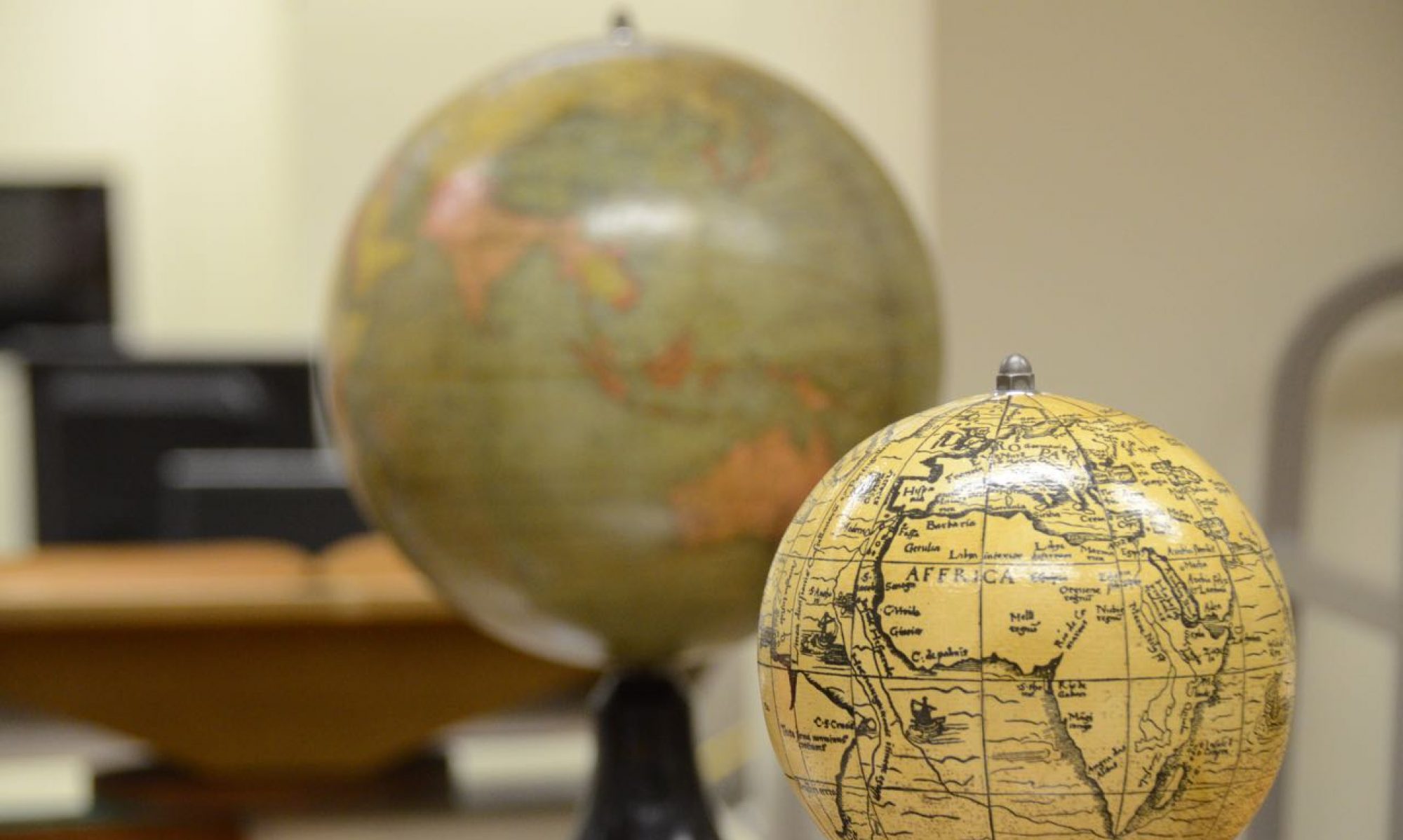Day Two in Warsaw was highlighted by a visit to JHI Warsaw


I watched a 45 minute movie on Jewish life in Warsaw during the Holocaust.
Followed by two exhibitions:
“AFTER THE HOLOCAUST. THE CENTRAL COMMITTEE OF POLISH JEWS 1944–1950 – a unique collection of documents, photographs and films illustrating the way the CCPJ operated.
SALVAGED: The collections of paintings, drawings and sculpture held by the JHI Museum. According to the JHI, this exhibition is an attempt to break the silence surrounding these little known yet excellent artists.


I also caught up with Aleksandra Dybkowska of the JHI Genealogy department
Also with Wojciech Konończuk
and Marla Raucher Osborn at FODZ
Jewish Historical Institute
The Jewish Historical Institute (Polish: Żydowski Instytut Historyczny or ŻIH) is a research institute in Warsaw, Poland, primarily dealing with the history of Jews in Poland
History
The Jewish Historical Institute was created in 1947 as a continuation of the Central Jewish Historical Commission, founded in 1944. The Jewish Historical Institute Association is the corporate body responsible for the building and the Institute’s holdings. The Institute falls under the jurisdiction of the Ministry of Culture and National Heritage. In 2009 it was named after Emanuel Ringelblum. The institute is a repository of documentary materials relating to the Jewish historical presence in Poland. It is also a centre for academic research, study and the dissemination of knowledge about the history and culture of Polish Jewry.
The most valuable part of the collection is the Warsaw Ghetto Archive, known as the Ringelblum Archive (collected by the Oyneg Shabbos). It contains about 6000 documents (about 30 000 individual pieces of paper).
Other important collections concerning World War II include testimonies (mainly of Jewish survivors of the Holocaust), memoirs and diaries, documentation of the Joint and Jewish Self-Help (welfare organizations active in Poland under the occupation), and documents from the Jewish Councils (Judenräte)
The section on the documentation of Jewish historical sites holds about 40 thousand photographs concerning Jewish life and culture in Poland.
The Institute has published a series of documents from the Ringelblum Archive, as well as numerous wartime memoirs and diaries.[1]
In 2011, Paweł Śpiewak, a Professor of Sociology at Warsaw University and former politician, was nominated as the Director of the Jewish Historical Institute by Bogdan Zdrojewski, Minister of Culture and National Heritage.[2]
See also
References
- Jump up ^ Stephan Stach Geschichtsschreibung und politische Vereinnahmungen: Das Jüdische Historische Institut in Warschau 1947-1968, in: Jahrbuch des Simon-Dubnow-Instituts / Simon Dubnow Institute Yearbook VII (2008), 401-431, ISBN 978-3-525-36934-0
- Jump up ^ Uncredited, Change at the top; Jewish Historical Institute. Retrieved 2012-07-29.
External links
| Wikimedia Commons has media related to Żydowski Instytut Historyczny. |










































































